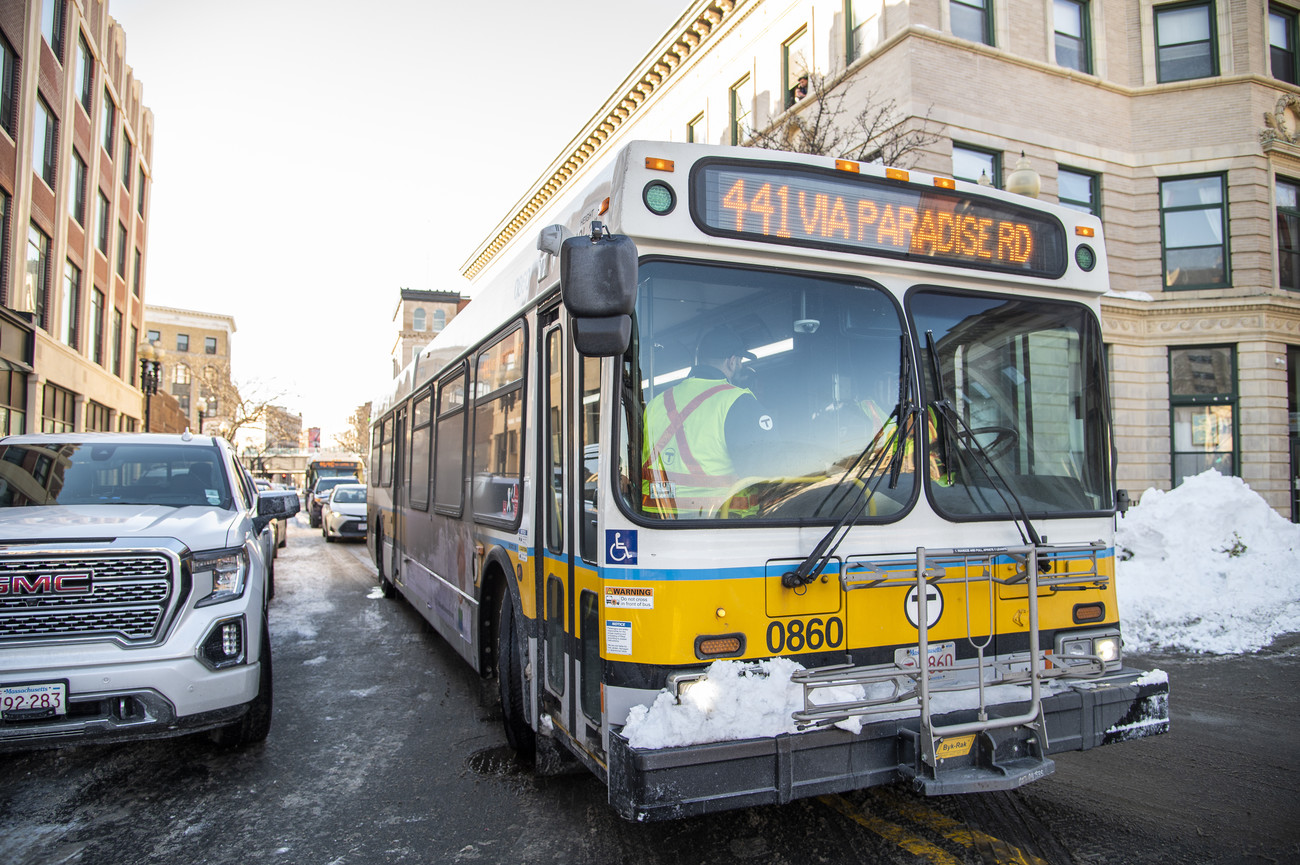The Planning Board responded to concerns residents have about the MBTA’s community zoning requirements, which the town has to comply with, and described the consequences Marblehead will face if it fails to do so.
Town Planner Rebecca Curran Cutting led the board’s most recent meeting, breaking down the logistics of what Marblehead has done so far and what will be necessary in the future to comply with the state’s mandate. Once the presentation concluded, attendees were given the chance to ask any questions they had to Curran Cutting.
The multi-family zoning requirement passed in 2021 requires that MBTA communities shall have at least one zoning district of reasonable size in which multi-family housing is permitted. Marblehead must comply with the law by Dec. 31, 2024, and the board plans on having the town’s zoning communities identified by January, so they can be approved at Town Meeting in May of next year.
Curran Cutting emphasized that Marblehead qualifies as an “adjacent” community.
“We are next to Swampscott and Salem that both have Commuter Rail stations,” Curran Cutting explained at the meeting last Thursday, which was held through Zoom. “So that is why we need to do this. It has nothing to do with our buses or the MBTA service that we get.”
The town needs 27 acres zoned at a density of 15 units per acre, compared to non-adjacent communities that require 50.
Some themes of resident feedback included concerns of traffic congestion, decreased property values, and consequences if the town fails to comply by the deadline. Curran Cutting acknowledged that increased traffic is something the Planning Board has kept in mind throughout the process, and rebutted that property values have the same chance to appreciate as they do to depreciate. If the town is not able to comply, she added, it could lose out on numerous federal funding opportunities in the future.
“MBTA communities cannot avoid their obligations under the law by foregoing this funding,” Curran Cutting read. “Communities that fail to comply with the law may be subject to civil enforcement action.”
Multiple people asked whether the multi-family units must qualify as affordable housing, and were reassured that they do not have to. It was also clarified that the mandate does not require the construction of new property as long as the zoning can be accomplished without it.
Curran Cutting explained a potential pathway in which taxes could be lowered through Smart Growth.
“If you have an underutilized lot or a lot that’s empty, it’s taxed differently than if it is built with six units on it or four units on it, and they all sell for a certain amount, then you’re increasing the tax revenue,” Curran Cutting said.
A follow-up meeting will take place in-person. Attendees will be able to voice their questions on Thursday, Nov. 2 at Veterans Middle School.

